il Price Shocks and Civil Conflict: Evidence from NigeriaOn聽Wednesday, December 2nd, at 2.30pm, the NOVAFRICA Center welcomes Arinze Nwokolo, from the University of Navarra聽to present his聽work on oil price shocks and how they affect civil conflict in Nigeria.
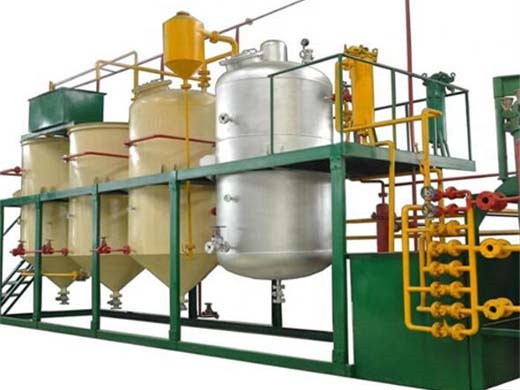
Income shocks and conflict : evidence from Nigeria (English) Abstract. This paper extends the micro evidence on the impact of income shocks on civil conflict using data across Nigerian states over the past decade. The paper uses an innovative empirical strategy matching household survey, oil production, and domestic and
Get Price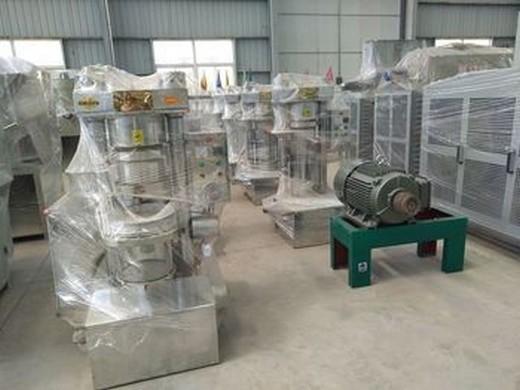
This paper extends the micro evidence on the impact of income shocks on civil conflict using data across Nigerian states over the past decade. The paper uses an innovative empirical strategy matching household survey, oil production, and domestic and international price data to capture three separate channels linking income changes to conflict.
Get Price
Income shocks and conflict: Evidence from Nigeria* oil prices, but not to affect the other economic shocks we consider. Surprisingly, we also find that a recent history of past conflict does not magnify the effects of price shocks on violent conflict. Finally, to the best of our knowledge this is the first study systematically looking at
Get Price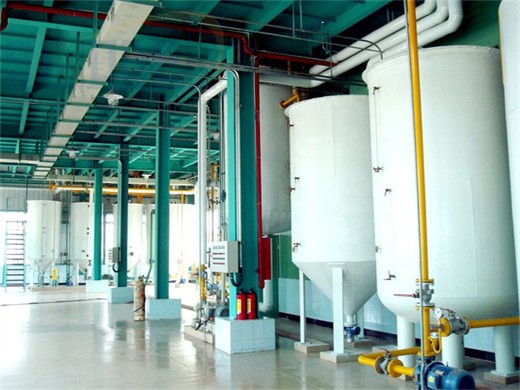
In contrast, a rise in oil prices in-creased violence di鈦別rentially in the oil region, by increasing municipal revenue siphoned through rapacity. This pattern holds in several other agricultural and natural resource sectors, providing robust evidence that price shocks a鈦別ct con鈦刬ct in opposite directions
Get Price
a rise in oil prices increased violence di鈦別rentially in the oil region, by in-creasing municipal revenue siphoned through rapacity. This pattern holds in several other agricultural and natural resource sectors, providing robust evidence that price shocks a鈦別ct con鈦刬ct in opposite directions depending on the factor intensity of the commodity.
Get Price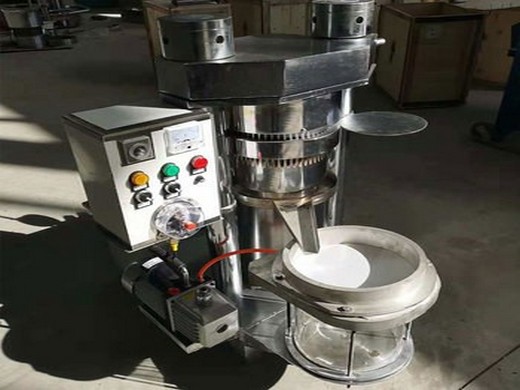
Income Shocks and Conflict: Evidence from Nigeria* Babatunde Abidoye and Massimiliano Cal矛Keywords: conflict, Nigeria, prices, commodities JEL classification: D74, Q02, Q11, Q34 * We thank Federico Barra, Renzo Massari, Paula Rossiasco and Quy-Toan Do for useful comments, Vasco Molini for the help with the data and Siobhan Murray for the help with the maps and Thabo Sacolo for his
Get Price
ity price shocks on civil war and find no robust relationship between these shocks and civil war, whether the commodities are agricultural commodities, minerals, or energy. Our results suggest that this nonresult is also robust to using out-of-region natural disaster in oil producing nations as an instrument for oil prices.
Get Price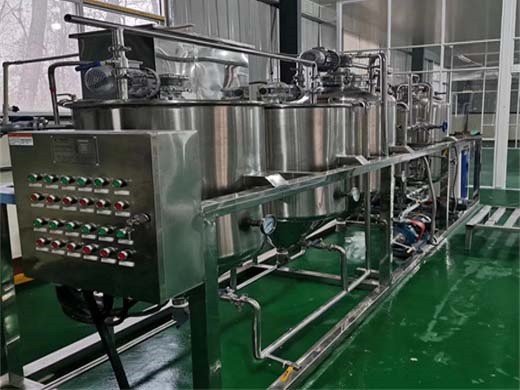
Oil And Violence In The Niger Delta Isn't Talked About Much, But It Has A Global Impact. This would mean more downward pressure on crude oil prices good for consumers because of lower
Get Price
The first chapter examines the effect of international oil prices on civil conflict in Nigeria. The analysis uses time variation in global oil prices and cross-sectional variation based on the initial distribution of oil production across Nigerian districts.
Get Price
Commodity Price Shocks and Civil Conflict: Evidence from Colombia. This is consistent with the oil shock inducing a rapacity effect. We also show that this pattern holds in six other agricultural and natural resource sectors, providing evidence that price shocks affect conflict in different directions depending on the type of the commodity
Get Price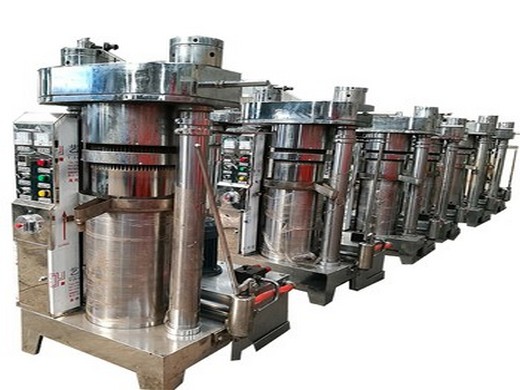
Trading Away from Conflict 1.3 The South Sudanese Civil War: Was Oil Export the Trigger? 28 1.4 Correcting for Endogeneity When Measuring the Relationship between Conflict and Trade under RTAs 30 B.11 The Impact of Price Shocks on Conflict in Nigeria (20041),
Get Price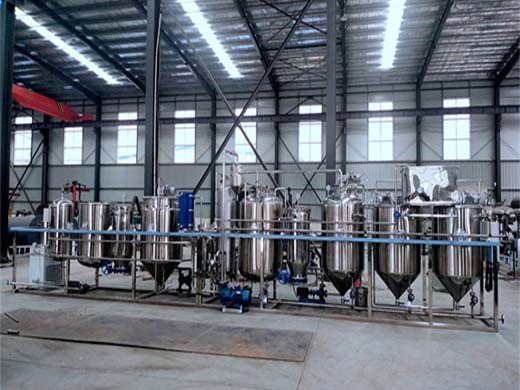
A New Oil Crisis Is Developing In The Middle East (the South China Sea crisis), and Africa (ongoing civil conflict in Libya and Nigeria) show how widespread the geopolitical impact is on
Get Price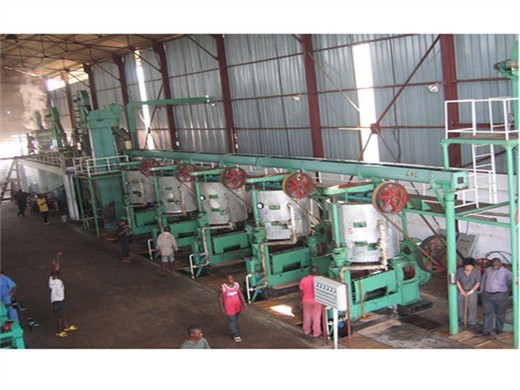
WP/16/12 Commodity Price Shocks and Financial Sector Fragility by Tidiane Kinda, Montfort Mlachila, and Rasman茅 Ouedraogo IMF Working Papers describe research in progress by the authors and are published to elicit comments and to encourage debate.
Get Price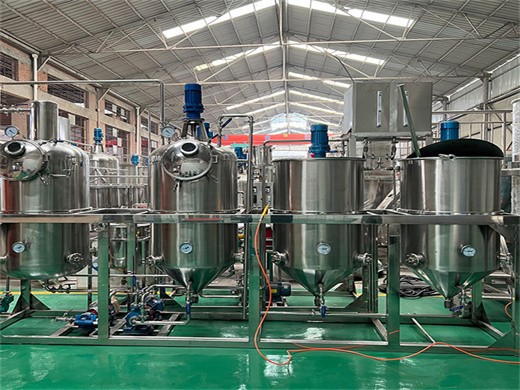
A New Oil Crisis Is Developing In The Middle East By Kent Moors - Oct 19, (the South China Sea crisis), and Africa (ongoing civil conflict in Libya and Nigeria) show how widespread the
Get Price
B.11 The Impact of Price Shocks on Conflict in Nigeria (20041), Robustness 122 B.12 The Impact of Price Shocks on Various Types of Conflict in Nigeria (20041) 123 B.13 Mediating Factors Affecting the Impact of Price Shocks on Conflict 124 B.14 The Impact of Changes in Trade Prices on the Boko Haram Conflict (20103) 125
Get Price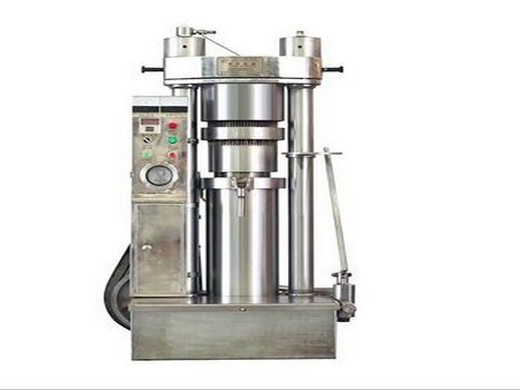
Oil prices have fallen dramatically in 2020, with dire consequences for some countries. The twin shocks of the novel coronavirus and a Russian-Saudi price war drove Brent crude to a low of about
Get Price
to GDP rose from 4.8% to 8.2%. This pattern changed when oil suddenly became of strategic importance to the world economy through its supply-price nexus, as shown in Table 1. Table 1 Nigeria: Sectoral Contribution to Gross Domestic Product (GDP) Sector 1960 1970 1980 1990 2000 2002 Agriculture 64.1% 47.6% 30.8% 39.0% 35.7% 28.35%
Get Price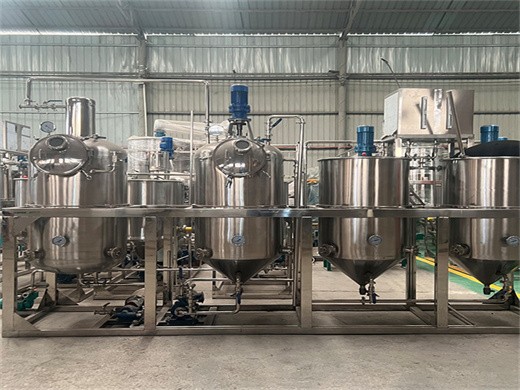
The 1973 oil crisis began in October 1973 when the members of the Organization of Arab Petroleum Exporting Countries proclaimed an oil embargo.The embargo was targeted at nations perceived as supporting Israel during the Yom Kippur War. The initial nations targeted were Canada, Japan, the Netherlands, the United Kingdom and the United States with the embargo also later extended to Portugal
Get Price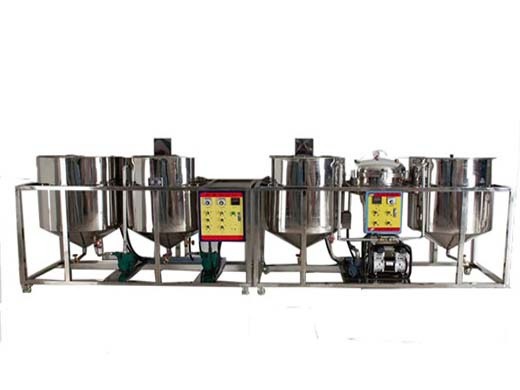
Nigeria had one of the world's highest economic growth rates, averaging 7.4% according to the Nigeria economic report released in July 2014 by the World Bank.Following the oil price collapse in 2014-2016, combined with negative production shocks, the gross domestic product (GDP) growth rate dropped to 2.7% in 2015.
Get Price
VOL. 104 NO. 6 NUNN AND QIAN: US FOOD AID AND CIVIL CONFLICT 1633 To better understand how food aid can affect conflict, we provide several addi-tional results. First, we show that the effect of food aid is more precisely estimated for small-scale civil conflicts with 25 to 999 combat deaths than for large scale civil wars with 1,000 or more
Get Price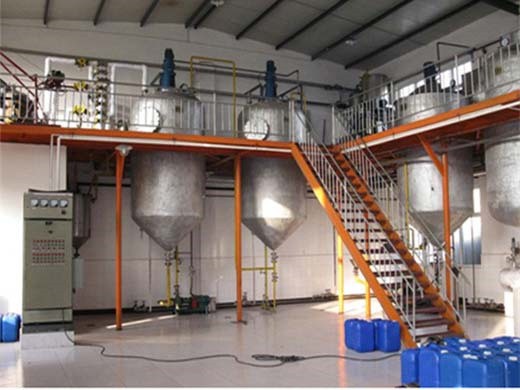
to GDP rose from 4.8% to 8.2%. This pattern changed when oil suddenly became of strategic importance to the world economy through its supply-price nexus, as shown in Table 1. Table 1 Nigeria: Sectoral Contribution to Gross Domestic Product (GDP) Sector 1960 1970 1980 1990 2000 2002 Agriculture 64.1% 47.6% 30.8% 39.0% 35.7% 28.35%
Get Price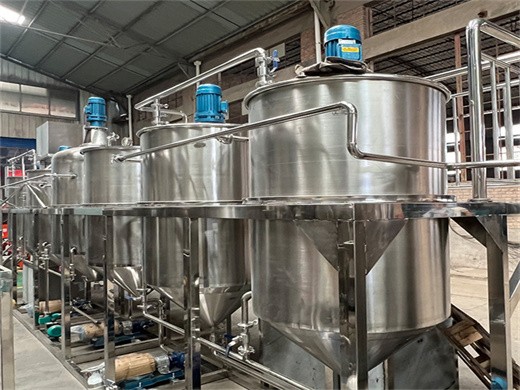
"If U.S. troops go to Africa," G. Pascal Zachary, wrote March 14, 2006, in AlterNet, "it won't be for a humanitarian intervention; it will be to protect American oil interests in the troubled Niger Delta." Nigeria's oil industry is nearly synonymous with violence, as kidnappings and conflict continuously disrupt operations. "Oilmen looking for an alternative to the politically troubled oil
Get Price![[pdf] financial development, manufacturing sector](/pic/hydraulic-14.jpg)
Dependence on the oil sector by the Nigerian government has generated a question about economic sustainability.脗 Even though the country experienced substantial growth in the economy before the economic recession in mid of 2016, the growth had not improved unemployment and poverty rate. Therefore, the study investigates the impact of financial development indicators on the manufacturing
Get Price
The Ogoni region is a highly oil-rich area in the Niger Delta area of Nigeria, populated by approximately 500,000 members of the Ogoni People. Since the Shell Petroleum Development Company discovered oil in Ogoniland in 1958, the region has been plagued with serious environmental degradation resulting from the over 100 oil wells in the area.
Get Price
There are several reasons why the impact of oil shocks was larger in the 1970s: 1. The real price of oil rose to a higher level in the 1973 and 1979 shocks than in the 1990 and 2000 shocks. Real oil prices (in today real dollars) peaked above $43 per barrel in 1974 and to $82 in 1980, relative to $30 in 1990 and to $32 in 2000.
Get Price
The "resource curse" in MENA ? political transitions, resource wealth, economic shocks, and conflict risk (English) Abstract. The recent political upheavals in the Middle East and North Africa region have exposed growing concerns about conflict risk, political stability, and reform prospects across its societies.
Get Price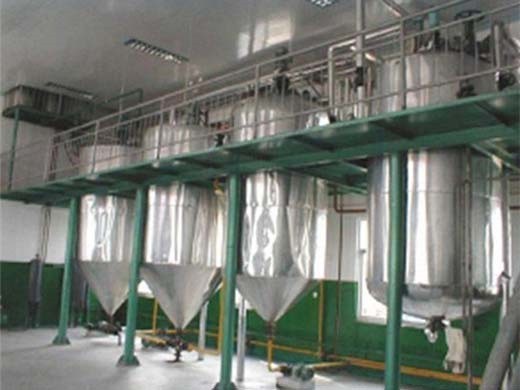
Oil has shaped international conflict for decades. According to one estimate, twenty-five to fifty percent of interstate wars between 1973 and 2012 had oil-related linkages. 1 But the cyclical nature of oil contribution to global conflict is not well understood. Not only are oil prices cyclical, but the geopolitics of oil are linked inexorably to the same boom and bust price cycle
Get Price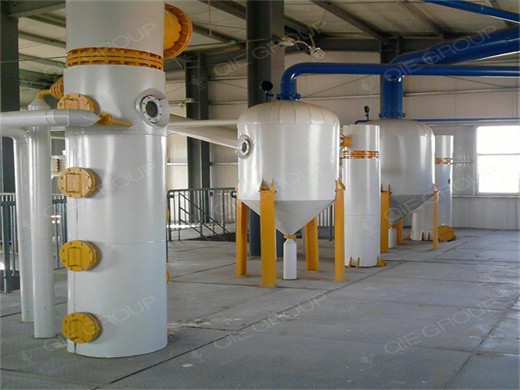
A review of the history of oil prices reveals they've never been the same since. The chart below tracks both nominal and inflation-adjusted oil prices since 1946. During the OPEC oil embargo, inflation-adjusted oil prices went up from $25.97 per barrel (bbl) in 1973 to $46.35 per barrel (bbl) in 1974.
Get Price
Do natural resources impair institutional outcomes? Existing work studies how natural resources influence the behavior of leaders in power. We study how they influence leadersrise to power. Our analysis focuses on oil price shocks and local democracy in Colombia, a country mired in civil conflict. We find that when the price of oil rises, legislators affiliated with right-wing paramilitary
Get Price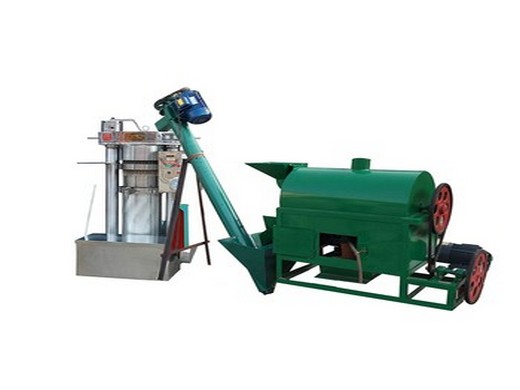
Oil prices have fallen dramatically in 2020, with dire consequences for some countries. The twin shocks of the novel coronavirus and a Russian-Saudi price war drove Brent crude to a low of about
Get Price
Why Haftar Isn Going to Sell Libyan OilWhile there are plenty of political and industry players the world over who would like to see a winner in the Libyan civil war stalemate, the oil and gas
Get Price
However, our finding suggests that the adverse effects of price shocks on food security are not worse in conflict-afflicted areas, but rather appear to be modestly less severe. The implication is that policies specifically designed to address price shocks need not place more emphasis on conflict zones.
Get Price
Commodity Price Shocks and Civil Conflict: Evidence from Colombia. The Review of Economic Studies 80 (4): 1384 21. Evans, Robin, and Kemp, Deanna. 2011. Community Issues. In SME Mining Engineering Handbook, edited by Peter Darling, 1768 8. A Closer Look at Oil, Diamonds, and Civil War.
Get Price
Oil has shaped international conflict for decades. According to one estimate, twenty-five to fifty percent of interstate wars between 1973 and 2012 had oil-related linkages. 1 But the cyclical nature of oil contribution to global conflict is not well understood. Not only are oil prices cyclical, but the geopolitics of oil are linked inexorably to the same boom and bust price cycle
Get Price
Nigeria's oil revenue has totaled $340 billion in exports since the 1970s and it is the fifth largest producer. Though Nigeria is a major oil exporter, it imports most of its gasoline, and when fuel subsidies were lifted in January 2012, fuel increased from roughly $1.70 per gallon to $3.50.
Get Price